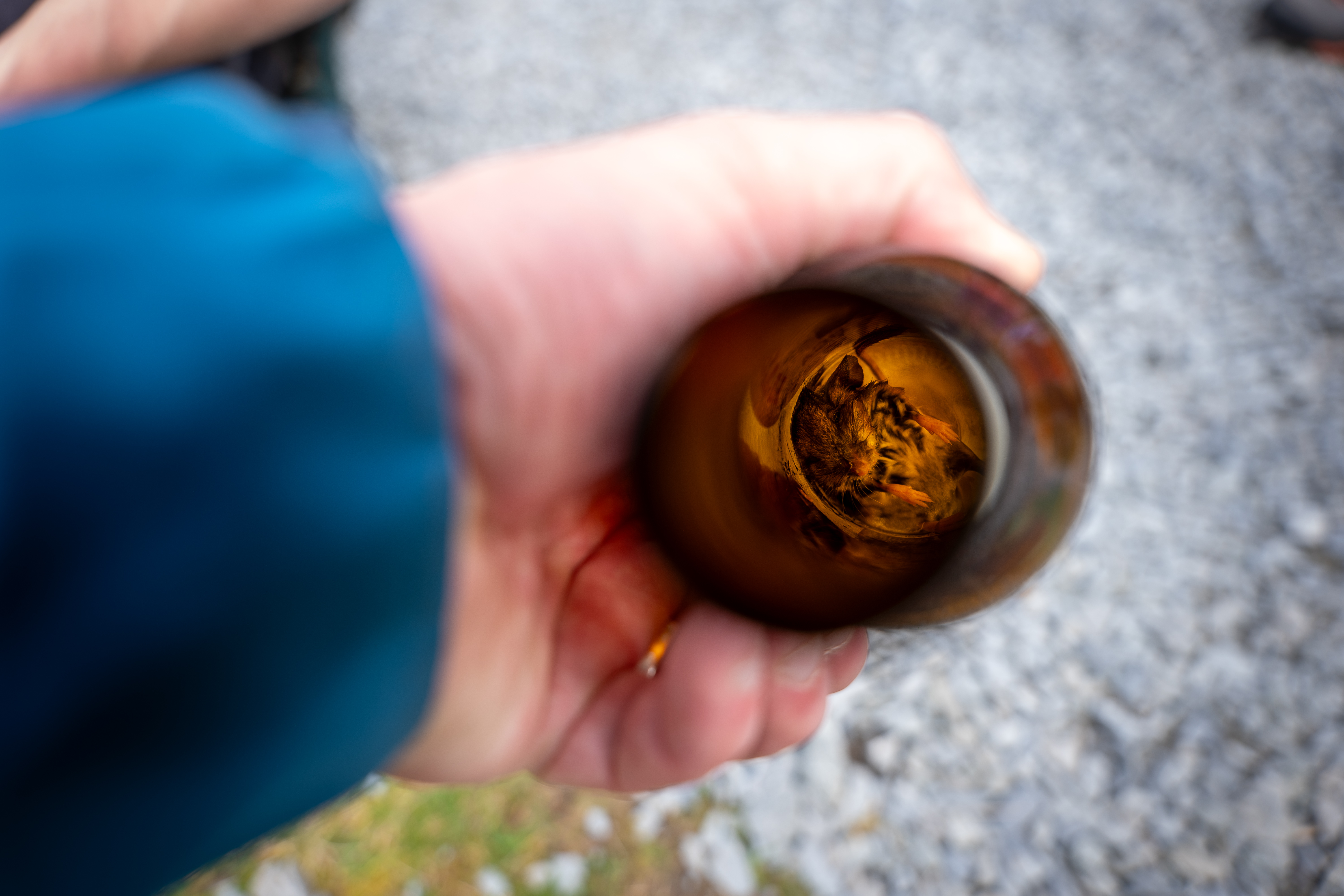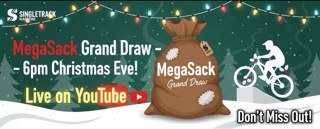Often the impact of litter – or rubbish, or pollution – on our trails and in our wild spaces is seen as an aesthetic threat. Something that offends our eyes and spoils our experience of the outdoors. All that remains true, but this year’s Trash Free Trails ‘State Of Our Trails’ report highlights the impact of our mess on animals, and asks for the government to introduce a deposit return scheme that could remove substantial amounts of pollution from our environment within a very short space of time.
Key stats from their report:
- 33% of litter on UK trails would ‘disappear overnight’ with a working Deposit Return Scheme on drinks containers
- Up to 9.2 million estimated items of litter on public rights of way in the UK, as of 2024 data analysis
- Over 1/4 of recorded ‘animal interactions’ with litter end in death, according to Trash Free Trails
- Over 280,000 items of litter surveyed from trails by local communities, weighing almost 5 tonnes
You’re invited to highlight this opportunity for improving our environment to your elected officials. While you’re at it, you might also like to show support for the banning of disposable vapes – another policy which Trash Free Trails is supporting.
Here’s the official PR – be warned, a couple of the images are quite unpleasant viewing (though significantly more unpleasant for the animals involved):
A new Report from Trash Free Trails hails a ‘silent massacre’ of rodents, insects and keystone species from interaction with littered drinks containers.
THE REPORT
The State of Our Trails Report, supported by Bosch eBike Systems and Bangor University, makes its return this year with a renewed warning cry on behalf of UK trails, this time highlighting the ecological impact of litter on flora and fauna.
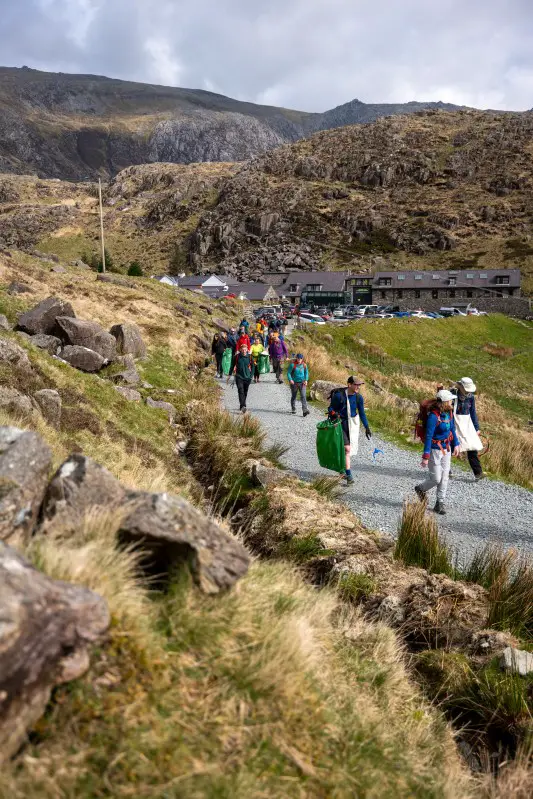

The Report, produced annually by the not-for-profit Trash Free Trails, is a ‘first of its kind study into the causes, prevalence, composition and impacts of single-use pollution on recreational trail ecosystems’. (TFT, 2023) Garnering widespread exposure in 2023, the Report now estimates up to 9.2 million items of single-use pollution are on UK Public Rights of Way, with a third of items surveyed showing signs of interaction from animals and insects.
Powered by citizen science, the Report draws together submissions from over 3,000 volunteers from 2020 to October 2024, forging one of the most comprehensive pictures of terrestrial pollution to date. With a significant drive towards marine conservation in recent years, terrestrial ecosystem litter has been largely left to the wayside, with less than 10 papers published on the subject in recent years.
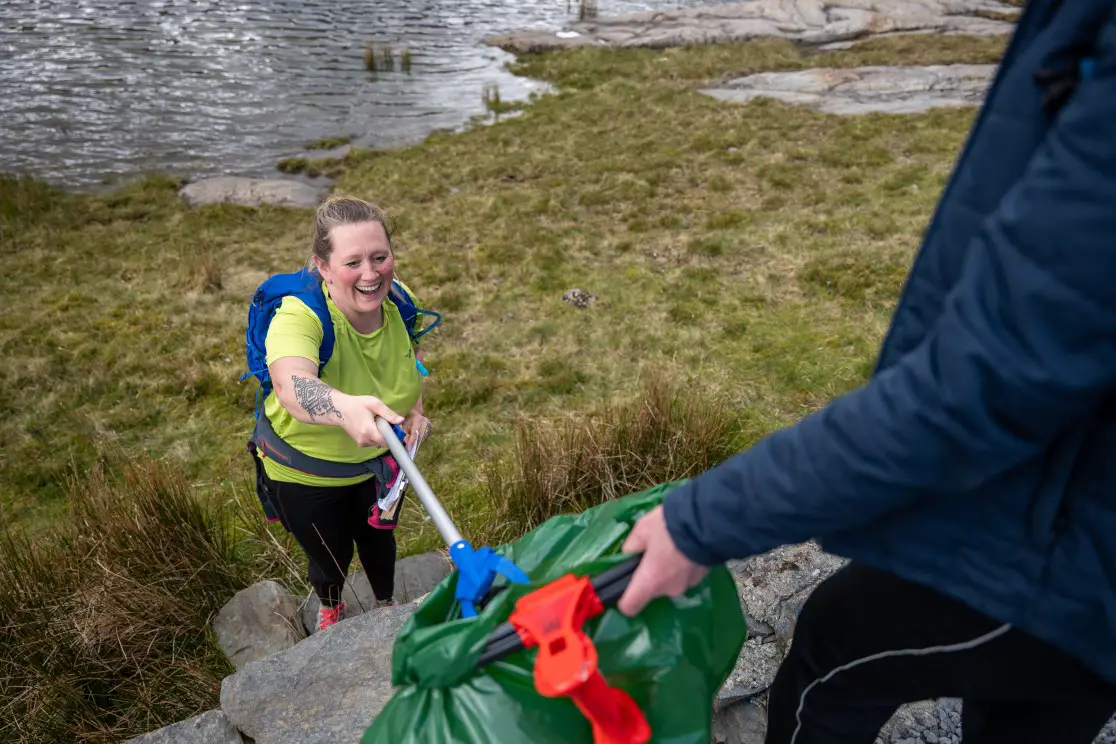
ANIMAL DEATH COULD BE INHIBITED WITH A DEPOSIT RETURN SCHEME (DRS)
Notable in this year’s Report is the focus on the UK’s upcoming Deposit Return Scheme. Trash Free Trails identify drinks containers as showing high levels of interaction with animals, including death. Examples from a clean in September of the trails on Yr Wyddfa (Snowdon) show the remains of keystone species which have become trapped inside glass bottles and cans. Trash Free Trails are highlighting a Deposit Return Scheme (DRS) on drinks containers as a crucial piece of legislation which could save thousands of animals from the same tragic fate.
A DRS, which would see a small deposit added to aluminium cans and plastic drinks bottles has been evidenced to reduce litter by as much as 85% after introduction (Reloop, 2021). The Scheme has been delayed in the UK until 2027, with Wales the only country set to include glass. Trash Free Trails believe a working DRS could eradicate upwards of a third of litter on UK trails.
‘European case studies show a Deposit Return Scheme can eradicate an entire category of litter from our trails overnight,’ says Trash Free Trails CEO Dom Ferris. ‘Though a mouse might seem insignificant, but in many examples collected by our volunteers the mouse is a species that is vital to the stability of the ecosystem. A DRS could not only save a life, but protect and enhance the biodiversity of our trails across the UK for generations.’
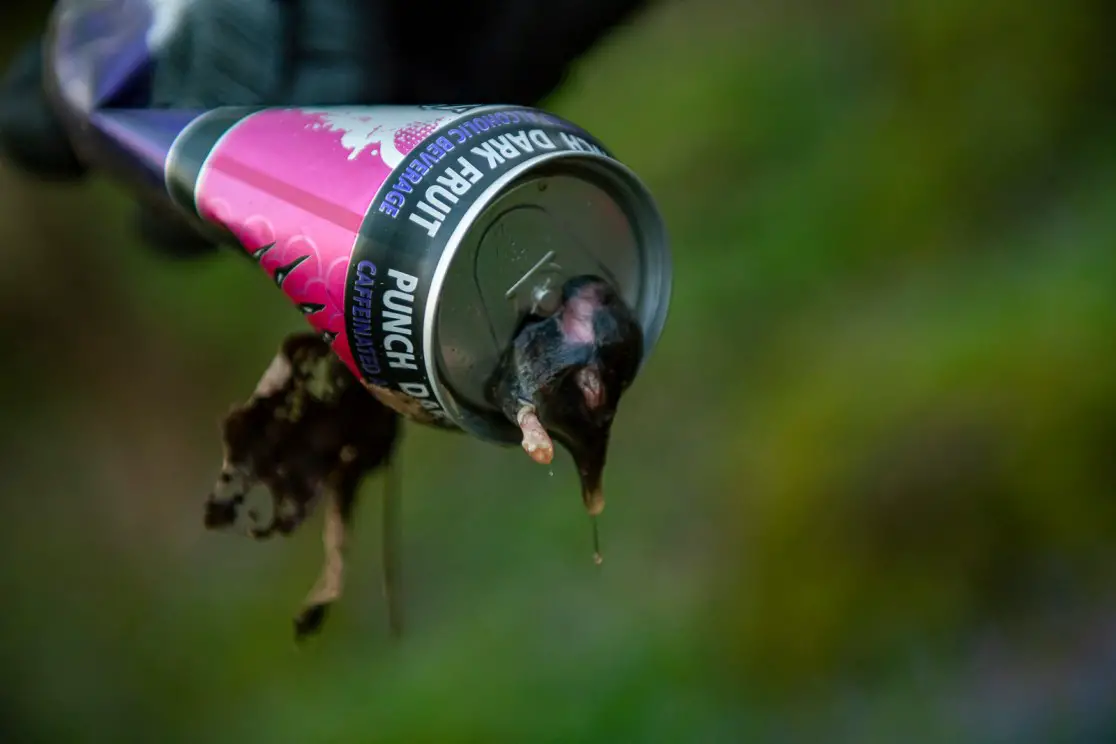
LITTER PICKING SHOWN TO SUPPORT NATURE CONNECTEDNESS IN PARTICIPANTS
Particularly unique to the State of Our Trails Report is surveying of its volunteers to identify the ‘human cost’ of litter. Data suggests the presence of litter reduces enjoyment of a recreational trail by almost half, while 8 in 10 volunteers who undertake trail clean activities will experience an increase in their sense of nature connectedness.
With the UK performing as the lowest country in Europe for levels of nature connection in the population, Trash Free Trails are keen to highlight that the problem of litter also presents a powerful opportunity to tackle both issues – pollution and disconnection.
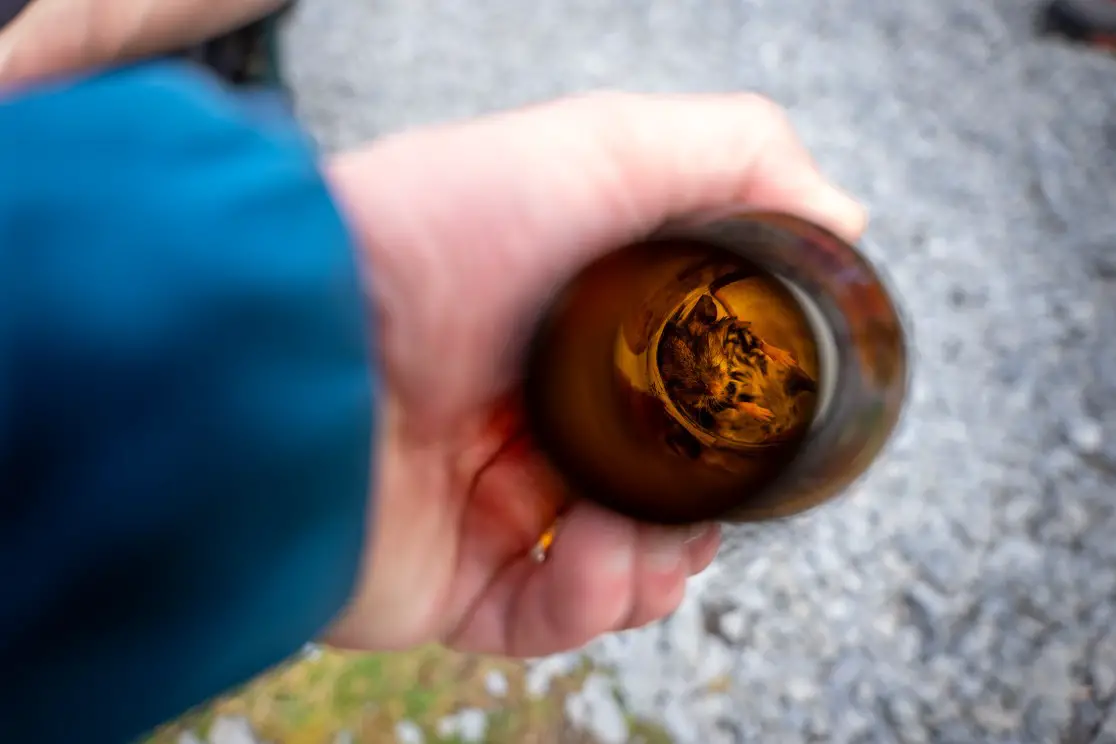
‘We know now more than ever before how important time in the outdoors is for our wellbeing,’ continues Dom Ferris, ‘but to be able to remove pollution from a place you love and experience the double affect of improved wellbeing on both yourself and the ecosystem? That’s a no brainer really.’
Read the State of Our Trails Report here.

